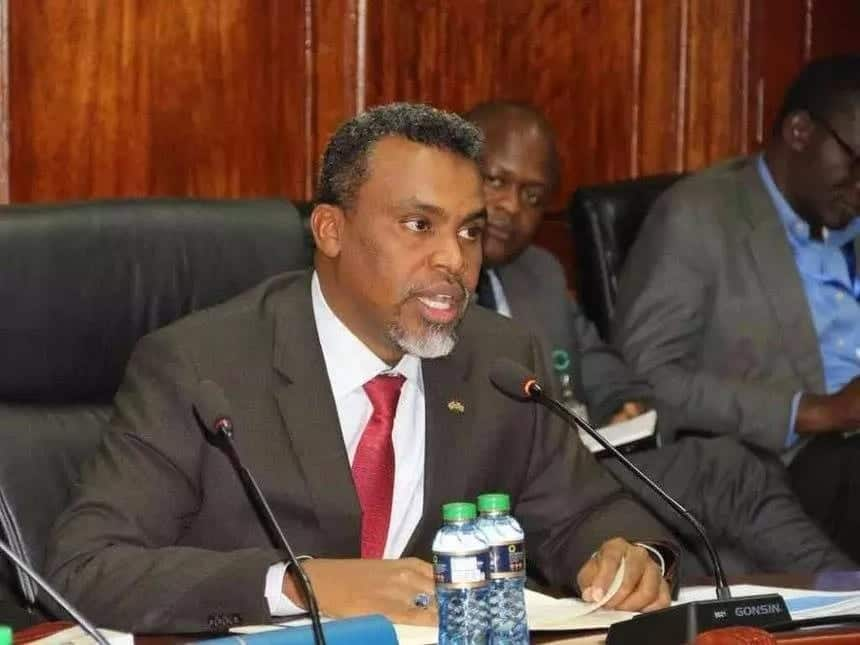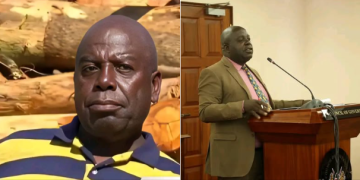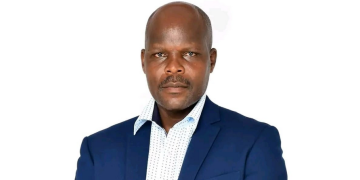President William Ruto has nominated Noordin Haji, Director of Public Prosecutions (DPP), for the position of Director-General of the National Intelligence Service (NIS) on Tuesday, May 16.
Haji would return to the NIS after serving as the DPP for six years, according to a statement issued by the Head of Public Service and Chief of Staff, Felix Koskei.
Prior to this position, he was the Deputy Director of the National Intelligence Service’s (NIS) Counter-Organized Crime Unit.
Haji, if confirmed, will succeed Major-General (Rtd) Philip Wachira Kameru, who is poised to retire. However, the President did not name Haji’s immediate replacement as DPP.
“His Excellency the President has, in accordance with Section 7 (1) of the National Intelligence Service Act, nominated Mr Noordin Haji, CBS, for appointment as the Director-General of the National Intelligence Service (NIS).
“Haji returns to the National Intelligence Service after a six-year sojourn as the Director of Public Prosecutions. Before becoming the nation’s apex public prosecutor, Haji served as the Deputy Director of the Counter Organised Crime Unit within the National Intelligence Service (NIS),” Koskei stated.
Major-General (Rtd) Philip Wachira Kameru, EGH, the outgoing Director-General, has served as NIS Director-General since September 2014, transitioning from the military. He was appointed to the role by former President Uhuru Kenyatta.
At the Kenya Defence Forces, he rose through the ranks to the position of Director of Military Intelligence.
“Under his watch, Kenya’s premier civilian intelligence agency has made monumental strides in the fight against terrorism, transnational crimes and other major threats to our national and regional security.
“Maj-Gen (Rtd) Kameru has been at the forefront of guiding special security assignments and multi-agency coordination that have made Kenya, and indeed the region, more secure,” Koskei lauded the outgoing NIS DG.

Meanwhile, the DPP holds Bachelor of Laws (LL.B) and Master of Laws (LL.M) degrees from the University of Wales, Cardiff, and a second Masters Degree in National Security Policy with Merit (MNSPO) from the Australian National University.
Haji was admitted to the Bar in 1999 and, thereafter, joined the Public Service in January 2000 as a State Counsel at the Attorney General’s Office.
Ruto passed the nomination to the National Assembly for consideration by Parliament as stipulated by the Constitution and the National Intelligence Service Act.











































